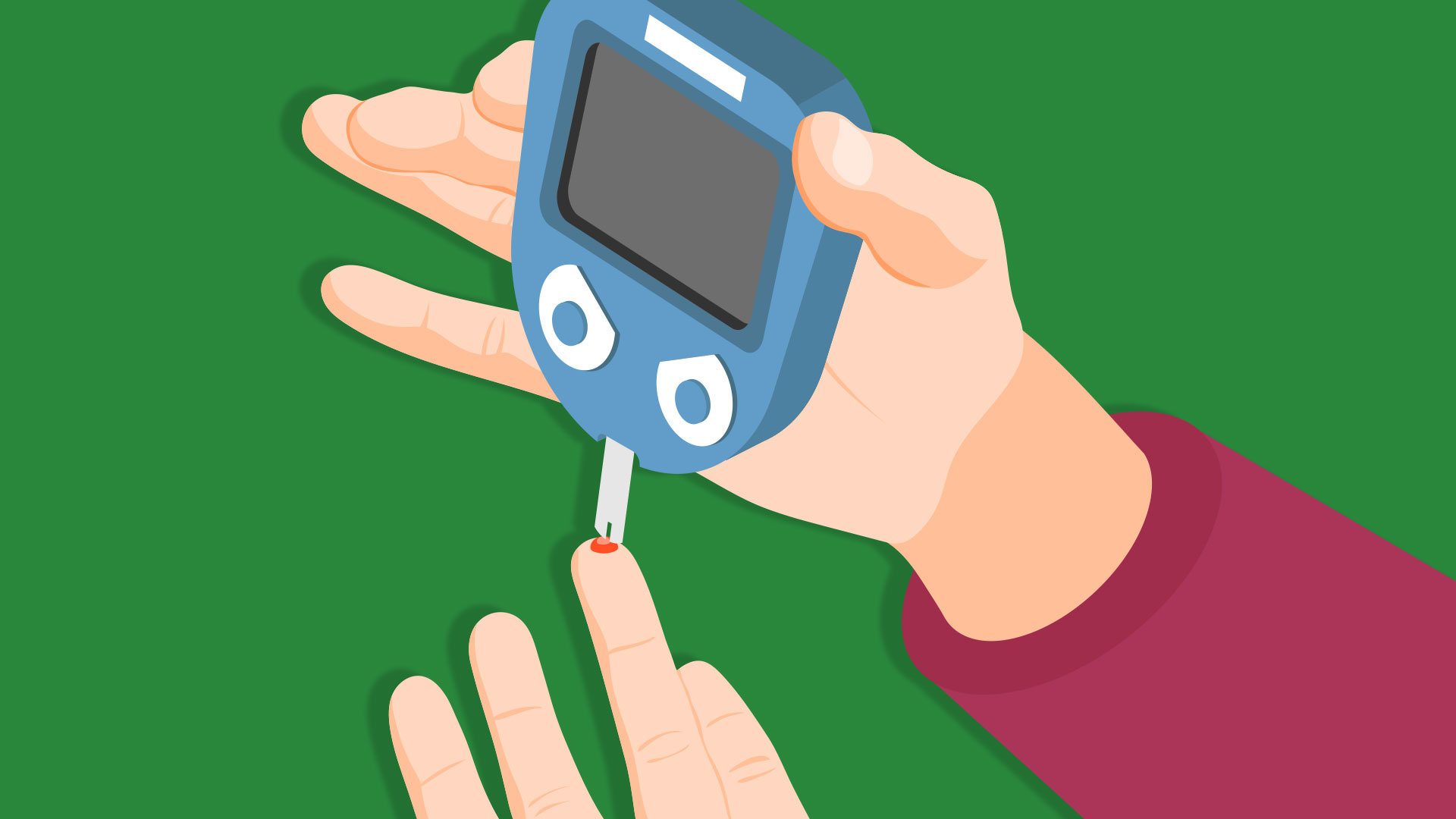Erectile dysfunction (ED) affects millions of men worldwide, often leading to frustration and decreased self-confidence. While many factors contribute to this condition, certain medications play a significant role in causing or worsening ED. If you or someone you know is experiencing erectile dysfunction, it’s essential to understand which drugs might be responsible. Here, we explore the top 10 medications linked to ED and what you can do about it.
1. Antidepressants
Medications used to treat depression and anxiety are common culprits in causing erectile dysfunction. Selective serotonin reuptake inhibitors (SSRIs) and tricyclic antidepressants can interfere with libido and sexual performance by affecting neurotransmitters in the brain. Popular examples include:
- Fluoxetine (Prozac)
- Sertraline (Zoloft)
- Amitriptyline
If you suspect your antidepressant is causing ED, talk to your doctor about adjusting your dosage or exploring alternative medications.
2. Beta-Blockers
Beta-blockers are prescribed to manage high blood pressure, heart disease, and other cardiovascular conditions. While effective for these purposes, they may reduce blood flow to the penis, making it difficult to achieve or maintain an erection. Common beta-blockers include:
- Metoprolol (Lopressor)
- Atenolol (Tenormin)
Consult with your healthcare provider if you notice sexual side effects while taking beta-blockers. Alternatives or different classes of medications may be available.
3. Diuretics (Water Pills)
Diuretics help reduce fluid buildup and lower blood pressure but can decrease blood flow to the genitals and reduce zinc levels, which are essential for testosterone production. Examples of diuretics linked to ED include:
- Hydrochlorothiazide
- Furosemide (Lasix)
Discuss with your doctor the possibility of switching to a different blood pressure medication if diuretics are impacting your sexual health.
4. Antihistamines
Drugs used to treat allergies, colds, and acid reflux can also contribute to erectile dysfunction. Antihistamines block histamine, a chemical involved in sexual arousal. Common antihistamines include:
- Diphenhydramine (Benadryl)
- Cimetidine (Tagamet)
Consider discussing alternative treatment options with your healthcare provider if you believe antihistamines are affecting your sexual performance.
5. Opioids
Long-term use of opioids for pain management can lead to hormonal imbalances and reduced testosterone levels, resulting in ED. Examples include:
- Morphine
- Oxycodone (OxyContin)
If you rely on opioids for chronic pain, consult your doctor about alternative pain management strategies to minimize sexual side effects.
6. Antipsychotics
Medications used to treat schizophrenia, bipolar disorder, and other mental health conditions can impact dopamine levels, a key neurotransmitter involved in sexual function. Antipsychotics associated with ED include:
- Risperidone (Risperdal)
- Haloperidol (Haldol)
If antipsychotic medications are affecting your sex life, your doctor may adjust your treatment plan or recommend additional therapies.
7. Antiandrogens and Hormonal Medications
Drugs designed to reduce testosterone levels, often used to treat prostate cancer or other conditions, can directly lead to erectile dysfunction. Common examples include:
- Leuprolide (Lupron)
- Bicalutamide (Casodex)
Since these medications are critical for managing serious health conditions, any concerns about sexual side effects should be discussed with your healthcare team.
8. Muscle Relaxants
Muscle relaxants, used to relieve muscle spasms and discomfort, can sometimes cause ED as a side effect by depressing the central nervous system. Examples include:
- Cyclobenzaprine (Flexeril)
- Methocarbamol (Robaxin)
Speak with your physician if muscle relaxants are impacting your sexual health. Adjustments in dosage or different treatment options may help.
9. Chemotherapy Drugs
Cancer-fighting medications often affect hormonal levels and nerve function, leading to ED. While these drugs are life-saving, they may have significant sexual side effects. Examples include:
- Cisplatin
- Vincristine
If you are undergoing cancer treatment, talk to your oncologist about potential strategies to manage ED.
10. Anticonvulsants
Medications used to treat epilepsy and seizures can interfere with sexual function by altering brain chemistry. Common anticonvulsants linked to ED include:
- Phenytoin (Dilantin)
- Carbamazepine (Tegretol)
If you suspect your anticonvulsant medication is causing ED, your doctor may consider adjusting your prescription.
What You Can Do
If you believe a medication is causing your erectile dysfunction, do not stop taking it without consulting your healthcare provider. Abruptly discontinuing medication can have serious health consequences. Instead:
- Talk to your doctor: Share your concerns and discuss alternative medications or adjustments in dosage.
- Explore lifestyle changes: Improving diet, exercising regularly, reducing alcohol consumption, and quitting smoking can enhance sexual health.
- Consider ED treatments: Medications like Viagra, Cialis, or other therapies may help manage ED symptoms.
Final Thoughts
Many medications contribute to erectile dysfunction, but with proper medical guidance, you can find a balance between managing your health conditions and maintaining a satisfying sex life. Always prioritize open communication with your healthcare provider to explore the best solutions for your overall well-being.










